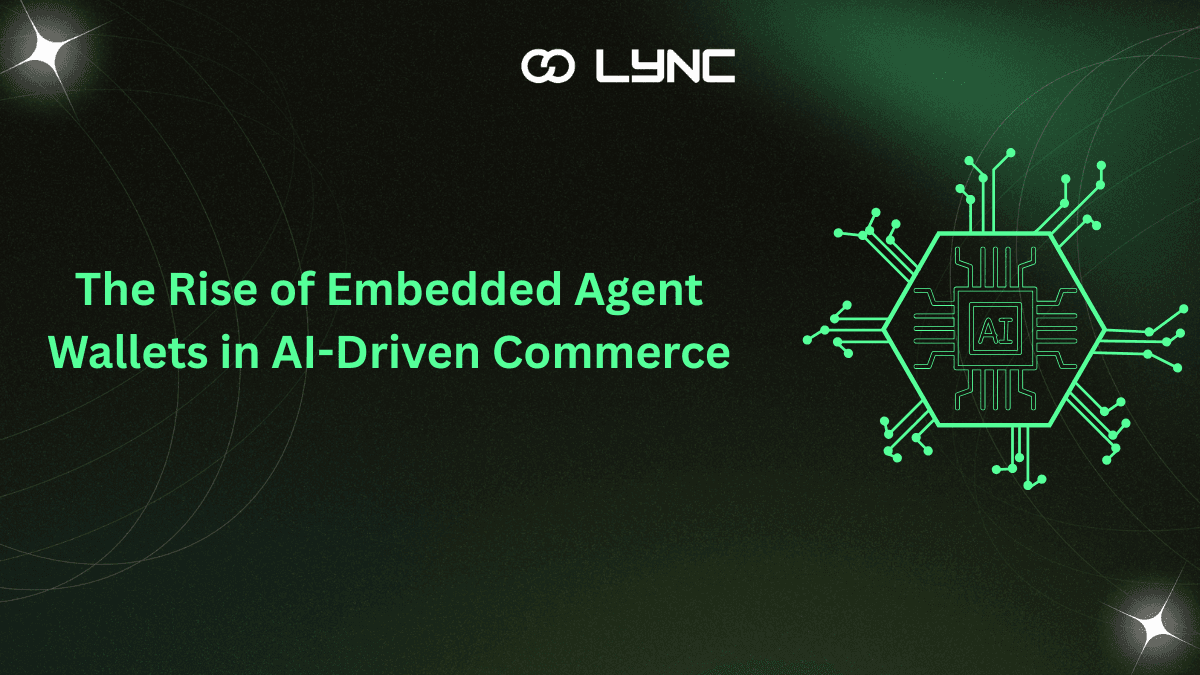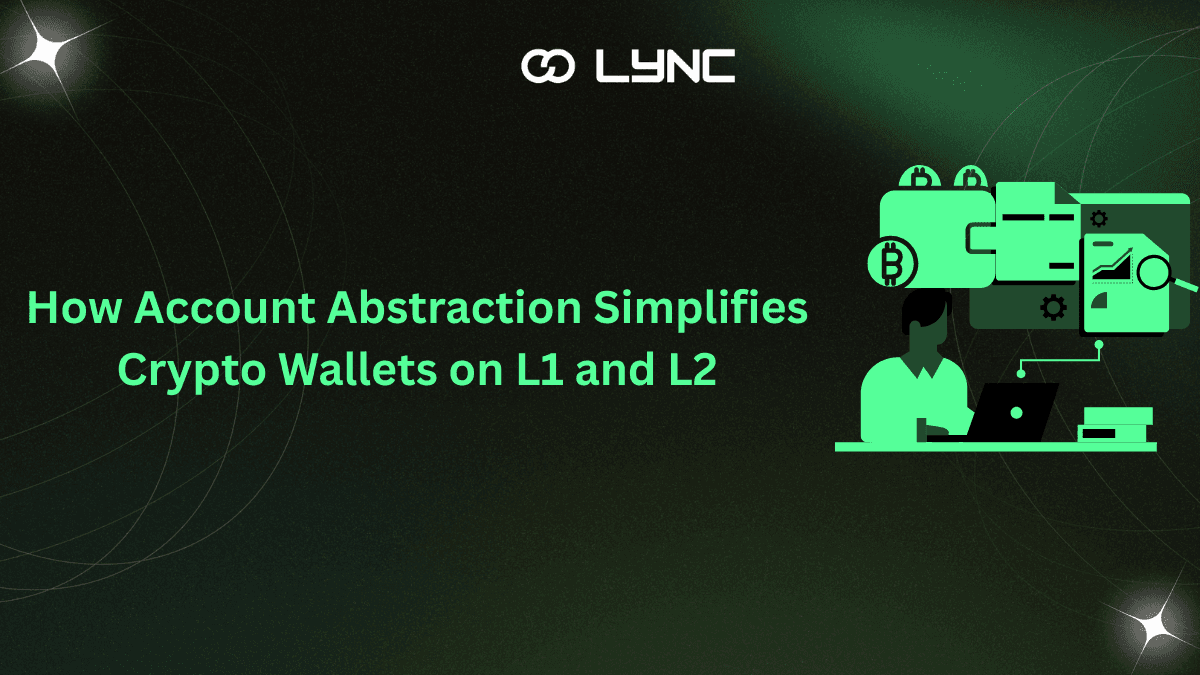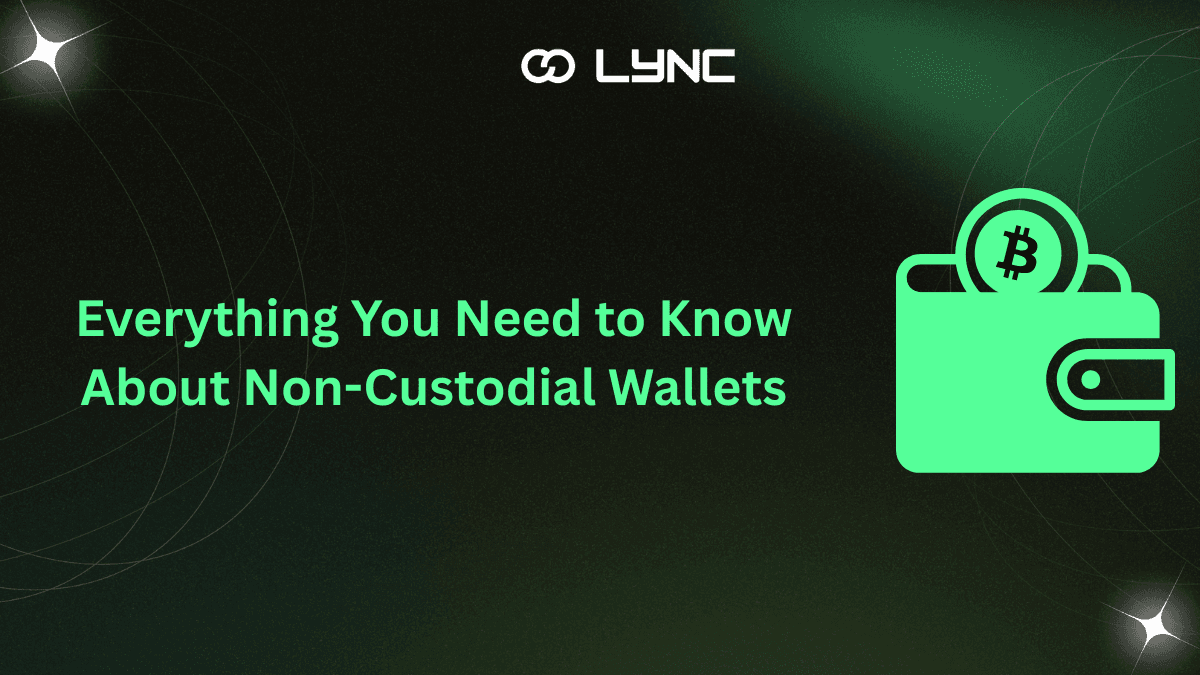
Can Financial Autonomous Agents Redefine Web3 Investing & Risk?
Author

Author
Web3’s promise of decentralized finance (DeFi) has unlocked new financial frontiers, from borderless lending to algorithmic liquidity management. This rapid expansion, however, comes with volatility. Protocols now face evolving risks, fragmented data and market movements that outpace human oversight. The result is a widening gap between innovation and control, one that has cost the industry billions in lost assets and user trust.
Financial autonomous agents are emerging to close this gap. These AI-driven systems can observe, reason and act within financial environments without constant human intervention. In Web3, they function as intelligent risk sentinels, tracking on-chain flows, executing strategies and triggering early alarms before value is lost.
In this blog, we’ll unpack how financial autonomous agents work, why they’re becoming essential in Web3, the challenges they help solve and what responsible deployment looks like across decentralized ecosystems.
A financial autonomous agent is an AI-driven system designed to operate within financial environments. It perceives data, makes reasoning-based decisions and executes transactions, all without human micromanagement.
Unlike traditional trading bots that follow fixed signals, autonomous agents adapt and evolve. They analyze context, learn from outcomes and can coordinate across multiple domains like liquidity management, portfolio rebalancing and risk mitigation.
Their architecture typically includes:
1. Markets Move Faster Than Human Teams
Crypto operates in milliseconds. Price movements and opportunities can emerge and vanish before a human analyst can even react. Autonomous agents ensure actions, from trades to rebalances, execute as soon as a condition is met, not minutes later.
2. Innovation Outpaces Human Oversight
Web3 evolves at breakneck speed. Each week brings new protocols, token models and cross-chain strategies. This rapid innovation creates knowledge and time gaps that attackers exploit. Agents can continuously learn protocol mechanics and adapt faster than manual monitoring ever could.
3. Autonomous Strategy Execution
Investors often rely on static yield strategies or manual position balancing. Financial autonomous agents enable dynamic decision-making, continuously reallocating liquidity, hedging exposure or compounding yields based on real-time metrics.
4. Early Alarms Before Loss
When anomalies occur, such as liquidity drains, oracle manipulation or abnormal flow spikes, agents can trigger alarms before value is lost. Instead of post-incident reactions, these systems enable predictive defense.
5. Composable Intelligence in DeFi
DeFi is modular by design. Agents can interoperate across lending, liquidity and governance layers, creating composable ecosystems where intelligence is shared between protocols. A 2025 survey identified over 130 active projects integrating autonomous AI agents across governance, security and finance.
Autonomy in a permissionless financial system introduces multiple risks factors, some of which are:
To mitigate these issues, DeFi platforms should integrate:
To deploy safe and effective agents, teams should follow a layered approach:
By designing for accountability and constraint, financial autonomous agents can scale DeFi safely, shifting from reactive operations to proactive, intelligent functioning.
Financial autonomous agents are not just another tech upgrade, they are reshaping the core workflow of both legacy financial institutions and the new world of decentralized, Web3-powered economies. By continuously learning, acting instantly and enforcing transparency, these agents help to make finance faster, safer and more open to everyone, from large institutions to individual users.
As the adoption of financial autonomous agents accelerates, their role will become foundational to the next era of finance, delivering the promise of efficiency, fairness and trust on a truly global scale.
October 9, 2025
Web3’s promise of decentralized finance (DeFi) has unlocked new financial frontiers, from borderless lending to algorithmic liquidity management. This rapid expansion, however, comes with volatility. Protocols now face evolving risks, fragmented data and market movements that outpace human oversight. The...
Author
October 7, 2025
Web3 threats are evolving faster than humans can respond, making early detection critical to prevent loss. In the first half of 2025 alone, over $2.17 billion was stolen from crypto platforms, making it more devastating that 2024. In fact, by the...
Author
October 7, 2025
Software development has always been about solving problems faster and more efficiently. In the early days, programmers spent countless hours searching through forums like Stack Overflow, copy-pasting snippets, and manually debugging errors. Then came IDEs with autocomplete and linting, followed...
Author

October 3, 2025
The financial world is at a pivotal inflection point. Traditional Finance (TradFi), centuries old, regulated and deeply institutionalized, continues to underpin the global economy. At the same time, Decentralized Finance (DeFi) has emerged as a radical alternative: borderless, algorithmic and...
Author

September 29, 2025
The Decentralized Finance (DeFi) ecosystem has evolved into one of the most high-velocity trading environments in the world. Operating 24/7 without pause, it demands constant vigilance, near-perfect timing and an ability to process immense amounts of fragmented data across exchanges,...
Author

September 26, 2025
Artificial Intelligence is advancing rapidly, with the global AI market projected to grow from $279.22 billion in 2024 to $1.81 trillion by 2030. At the same time, web3 and decentralized finance (DeFi) have matured into widely adopted ecosystems. According to...
Author

July 29, 2025
Imagine shopping online without logging in, scanning a QR code, or worrying about payments. You click “buy,” and an intelligent, invisible AI handles everything seamlessly, processing the transaction and storing your receipt. That’s the promise of Embedded Agent Wallets. These...
Author

July 28, 2025
Crypto wallets have long felt like those remote controls with 50 buttons, but you only know what five of them do. While the tech-savvy might enjoy the complexity, most everyday users just want to send, receive, and store crypto without...
Author

July 25, 2025
Web3 is all about putting control back in your hands and non-custodial wallets are a great place to start. These special wallets give you full control over your digital assets, without relying on banks, exchanges, or middlemen. If you’ve heard...
Author
Unlock special content and connect with others.
Join our community today!




